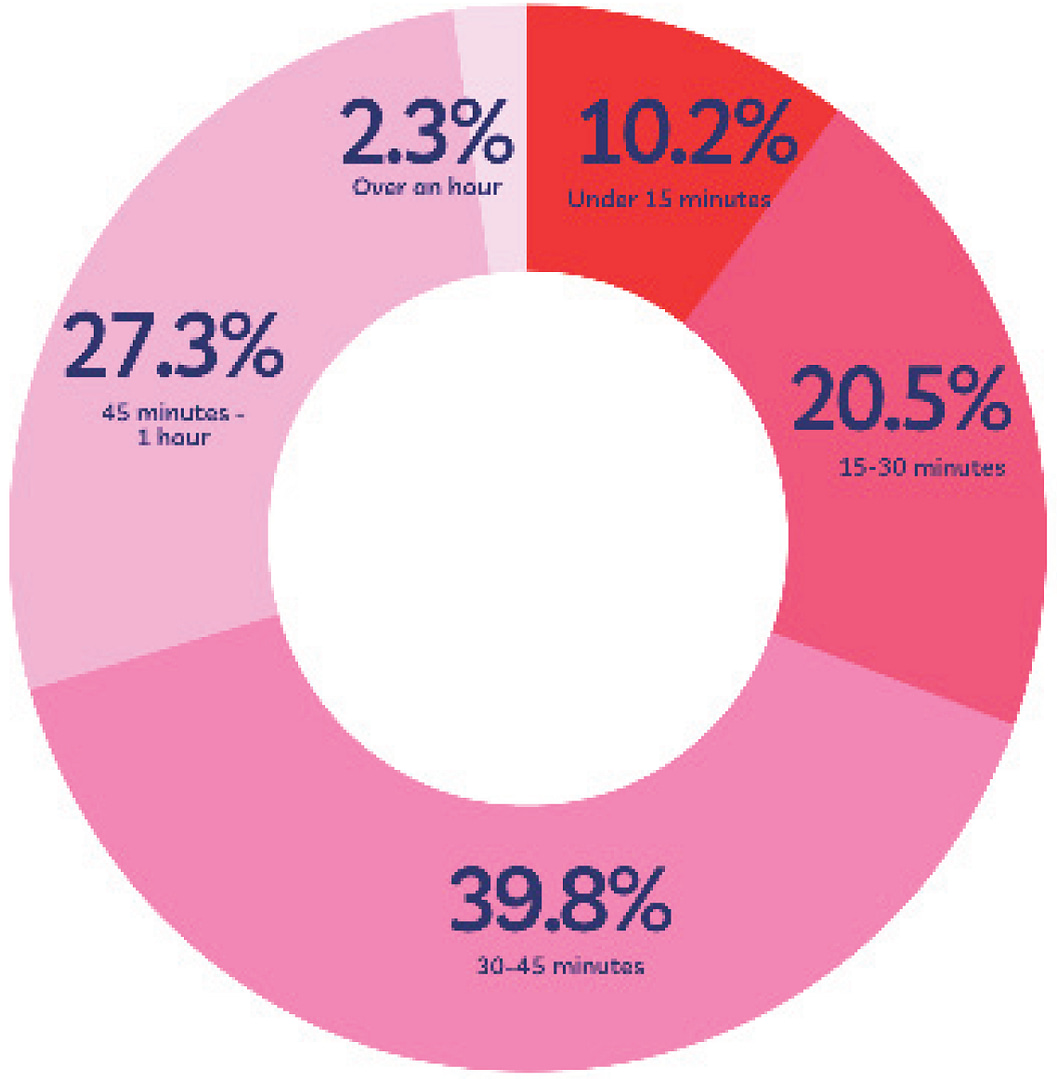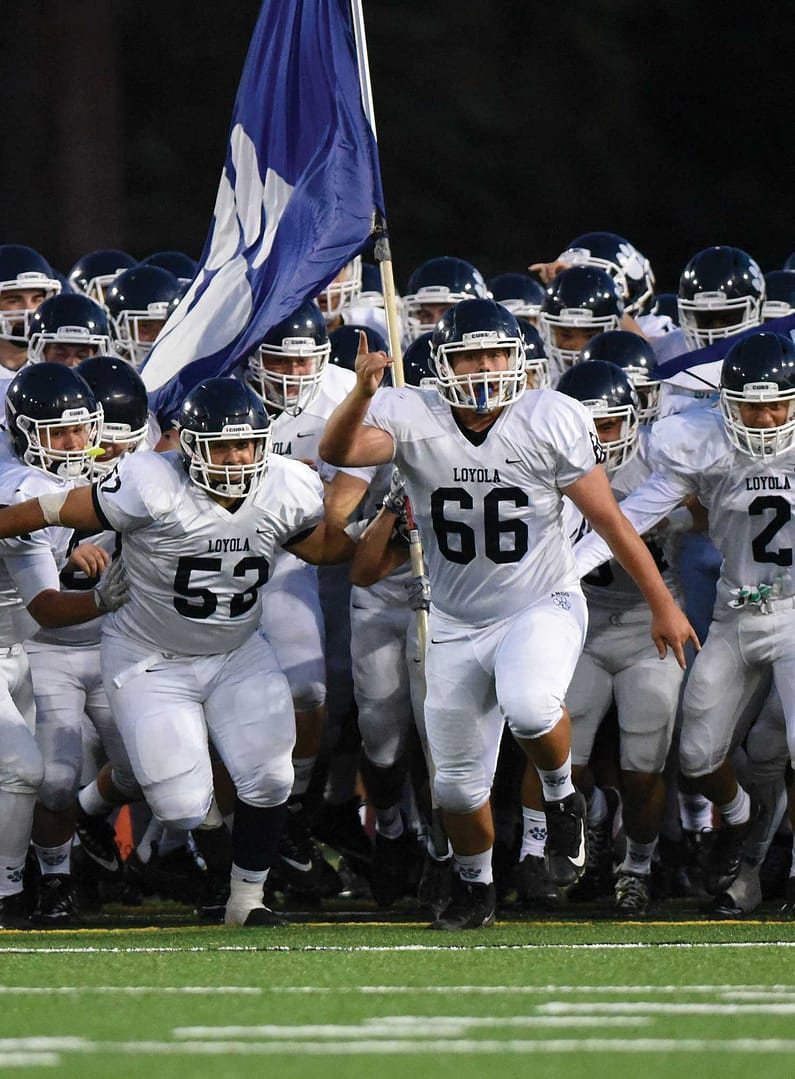This year, Mr. Aristov will continue to provide examples of infractions of Loyola’s Academic Integrity policy for each edition of the Loyalist. These examples are not intended to embarrass or pillory students who’ve broken the school’s code, but rather to educate the entire student body on what is and is not acceptable, the consequences of breaking school policies, and alternatives to consider when they might be faced with similar situations. Every case will remain anonymous.
In September, a sophomore in a foreign language class did not put his pen down after time was called to end a quiz. Even though it was not clear whether the student continued to write answers or, as he claimed, was just writing his name, this incident was still tagged as a breach of Academic Integrity. School policy addresses student behavior during a test or quiz and identifies actions which will be tagged as “violations of testing procedures” including starting early or finishing late. Any such violations are treated as strikes and are given the same consequences. The student received a zero on the quiz, served two days of JUG, and presented a letter to his parents.
Last spring, a senior learned that one of his AP social science teachers was using an on-line test-bank created by the publisher of his text book. The test-bank was copyrighted, password protected, and intended for teacher use only. Teachers could only gain access by identifying themselves as legitimate faculty members and by registering with the publisher. This senior, however, spent many weeks secretly running on-line searches for access to this test bank, either through some back door or by finding an unauthorized copy posted somewhere. After an exhaustive search, the student got lucky and came across a personal website of someone in New Jersey who had posted the test bank. The student immediately downloaded and printed it out. Since posting copyrighted material is a serious federal crime, the website was taken down as soon as it was discovered by the publisher’s legal team. Legal action against the poster in New Jersey is currently under way and may result in heavy fines and/or jail time.
After printing out the test bank, the above senior shared copies with a couple of his friends. The social science teacher became suspicious when the student started receiving close-to-perfect scores on tests, but could not answer even the most basic questions in class. He and his friends consistently got the highest scores on tests, pushing the class average up and subsequently lowering the relative achievements of the rest of the class. The student was sent to Mr. Aristov’s office for several sessions of questioning. There, the Dean, the student’s counselor, and Mr. Aristov patiently extracted the truth from him. He admitted to his deeds and provided the hardcopies of the test bank. Mysteriously, the on-line copy on his computer simply vanished. Because this was such a serious breach of integrity, he was immediately referred to the Discipline Board.
During his Discipline Board hearing, this senior argued that his on-line searches should have been considered a legitimate form of study since they helped him do better on the tests(!) He also claimed that similar actions in previous AP classes had not resulted in punishment so it must have been OK this time as well. Finally, he opined that although he knew this was copyrighted material intended for teachers, he obtained access through an “open source” and therefore could not be punished for accessing it. The Discipline Board rejected all his arguments and came up with several significant recommendations. In the end, the student was removed from two of his AP courses in the middle of the semester and was not allowed to return to either classroom. He also did not take either AP exam. Additionally, the published Academic Integrity policy of the school was amended to strictly and unambiguously prohibit such actions in the future. Copyrighted material and anything intended for teachers only, is never to be accessed by any student at Loyola, even if it appears on unprotected sites. It is not only a breach of integrity, it is also a crime.
Mr. Andrey Aristov
Assistant Principal







Comments are closed.